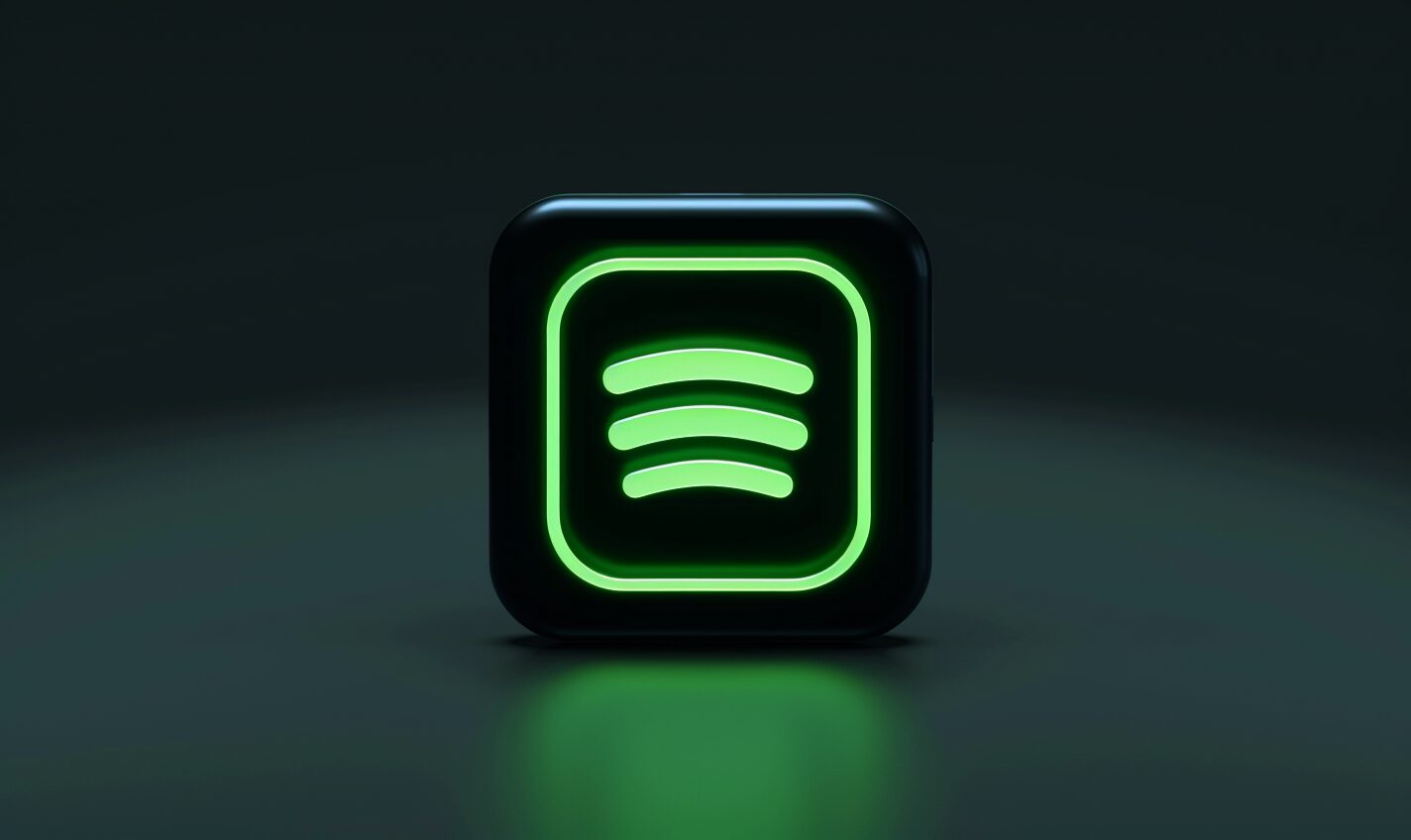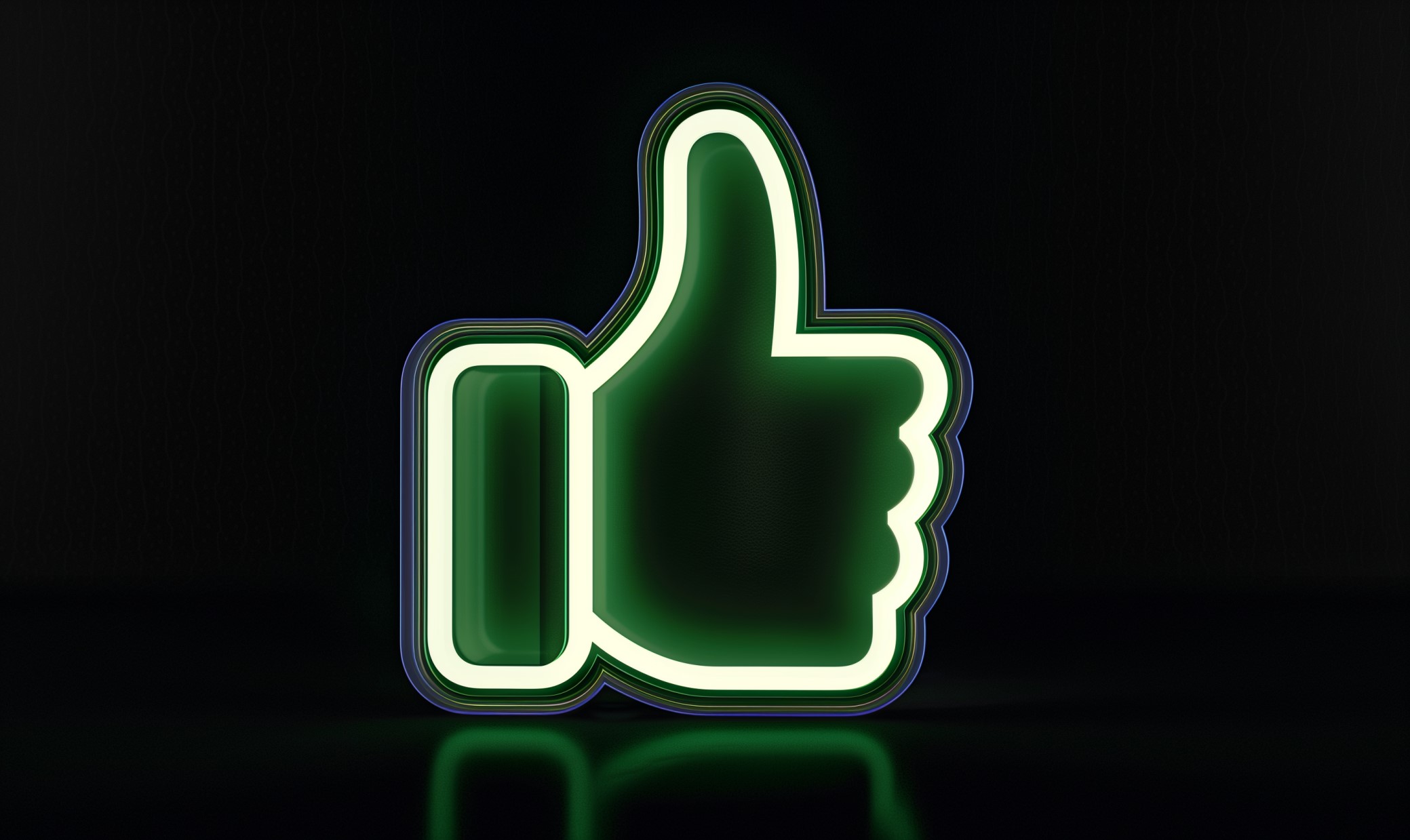There seems to be a smartphone app for just about anything these days. Food delivery, self-help, fitness, streaming, dating, banking, gaming — you name it — there’s probably an app for it. One particular one that caught the attention of tech enthusiasts is the Do Not Pay app.
According to Statista, the Google Play Store had 3.48 million apps available for download in the first quarter of 2021 and the iOS App Store had around 2.22 million apps available. With millions of apps on the market, it’s common for smartphone users to feel overwhelmed with choices. Despite this crowded market, DoNotPay still stands out.
Learn more about DoNotPay, why it was developed, some of its features and services and if you should consider downloading it.
What is the Do Not Pay App?
According to its official website, the DoNotPay app is the world’s first robot lawyer, powered by a chatbot and founded by entrepreneur Joshua Browder. It leverages artificial intelligence (AI), specifically IBM’s Watson, to offer various services to its users. The free-to-download app launched in 2015, and is currently available in the United States and the United Kingdom. To utilize the app, users must pay a subscription fee of $36 per year, or $3 per month.
When it was first introduced, the app’s main purpose was to help disgruntled customers fight their parking tickets, which is known to be an annoying, time-consuming process. As time passed, DoNotPay added more features and services to help customers accomplish different tasks, such as ending tough-to-cancel subscriptions and earning refunds owed to them.
DoNotPay has other capabilities, such as helping users draft legal documents, fight email spam and solve issues like handling an incorrect UberEats order or receiving compensation from an airline.
Its latest features include reporting potholes, broken streetlights or traffic lights and fallen trees or branches. DoNotPay lists a handful of key user outcomes, including:
- Fighting corporations
- Finding hidden money
- Sue anyone
- Beat bureaucracy
- Automatically cancel free trials
The DoNotPay website also includes a Learn page, where users can read articles about the legal system and what rights they have, depending on their unique situation.
CNN, Forbes, Time, NBC, Business Insider and TechCrunch have all reported on DoNotPay. In June 2016, Time magazine said DoNotPay was “the hero the world needs.” The Guardian once reported that DoNotPay helped customers overturn 160,000 parking tickets in London and New York.
DoNotPay App Reviews
TrustPilot, a customer review website, has mixed reviews regarding the DoNotPay app. Some reviews offer a five-star rating, mentioning that the app works great and helped them solve their issues. However, it’s hard to ignore the number of poor reviews stating that the DoNotPay app is a scam, a waste of time and costs users money.
One user who received unsolicited text messages from DoNotPay chose to file a class-action lawsuit against the app. The user believed that DoNotPay violated the Telephone Consumer Protection Act (TCPA) because the app did not receive his permission to send him those messages.
DoNotPay received an F rating and accreditation from the Better Business Bureau (BBB), meaning that it is not highly regarded or reputable in the eyes of the BBB. Some of BBB’s website reviews suggest that the app is a scam. The BBB rates DoNotPay 1.89 stars out of 5. It’s worth noting that the BBB is a trustworthy organization. It will investigate businesses, expose fraud and provide information to consumers before they purchase products or services.
Other publications online suggest that DoNotPay is not a direct scam, but it does require users to read the fine print closely. Its advertising is ambiguous and could mislead the average user. For example, here are some red flags reported about DoNotPay:
- You must link your bank account during setup.
- The app can charge you at will.
- DoNotPay can track you and it can be difficult to change its tracking permissions.
- DoNotPay may retain any deleted information on the app indefinitely.
Another downside of the app is that it is subscription-based. Users pay $36 upfront to use the app for a whole year, meaning it comes out to only $3 per month.
However, if you decide to cancel your subscription during the year, you won’t be able to receive any partial refunds. You can cancel your subscription, but it only prevents you from being charged on the next payment date.
Should You Subscribe to the Do Not Pay App?
DoNotPay receives positive and negative feedback, making it challenging to decide if it’s worth the download. Smartphone users need to be wary about downloading apps, considering the rise of mobile malware in recent years.
According to the iOS App Store, DoNotPay receives a 4.3 out of 5 rating with over 7,500 reviews. It’s reported that the average iOS app received a rating of 4.53 in 2021 — DoNotPay falls a bit short of that. Typically, if an app has a low rating, users are less likely to download it.
Based on its current rating, DoNotPay seems to work well for some people.
It’s uncommon to download an app based solely on its rating. You may want to consider reading the reviews on TrustPilot and the BBB to understand DoNotPay better. You can read testimonials, see what issues the app may help you solve and determine if it’s right for you. Aside from DoNotPay, it’s always suggested that you learn more about an app before downloading it.
If you’re dealing with a specific issue that DoNotPay can help you address, it may be worth downloading it. Depending on the issue and its severity, you may want to seek professional legal advice from a human lawyer, not an app.
Final Word on DoNotPay App
DoNotPay claims to be a revolutionary app for anyone in need of legal assistance, as it’s coined “the world’s first robot lawyer.” With its negative reviews, lawsuits and poor rating from the BBB, iOS users should proceed with caution before downloading it.
Remember, you’ll need to pay $36 upfront and add a bank account during setup. The app may track you and hold on to some of your data, even if you delete it. Depending on your situation, the DoNotPay app may work well for you. Consider reading the app’s fine print, terms and conditions and privacy policy to know what you’re getting into before downloading it.
Recent Stories
Follow Us On
Get the latest tech stories and news in seconds!
Sign up for our newsletter below to receive updates about technology trends














